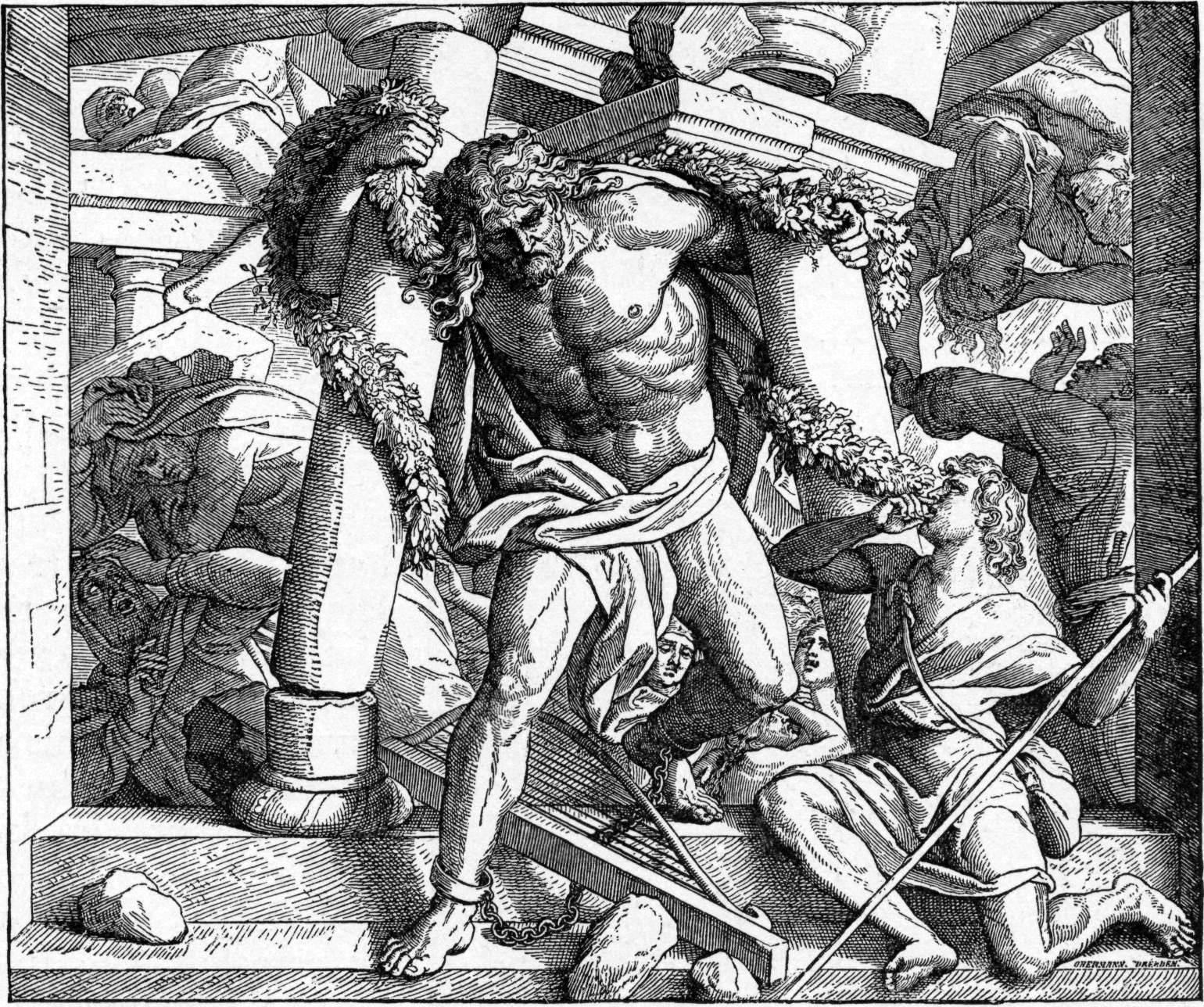
Picking up any of a number of recent works on the NT canon, one is likely to find the author seeking the roots of the NT canon somewhere in the needs of the early church. One says it was the battle against heresy that prompted the church to find some authoritative texts on which to take its stand. Another points to the catechetical and liturgical need for new scriptures to nourish the spiritual life of the church. Another looks to Constantine the Great’s campaign to unify the empire, which allegedly required an agreed-upon set of scriptures as an essential tool to promote concord. These all, and more, may have played limited roles in bringing about the church’s agreement on the contents of the NT. But the ultimate foundations for the existence of a NT canon must be sought not in any of these historical exigencies, but in the gracious purpose of a self-revealing God whose word carries His own divine authority.
Charles Hill